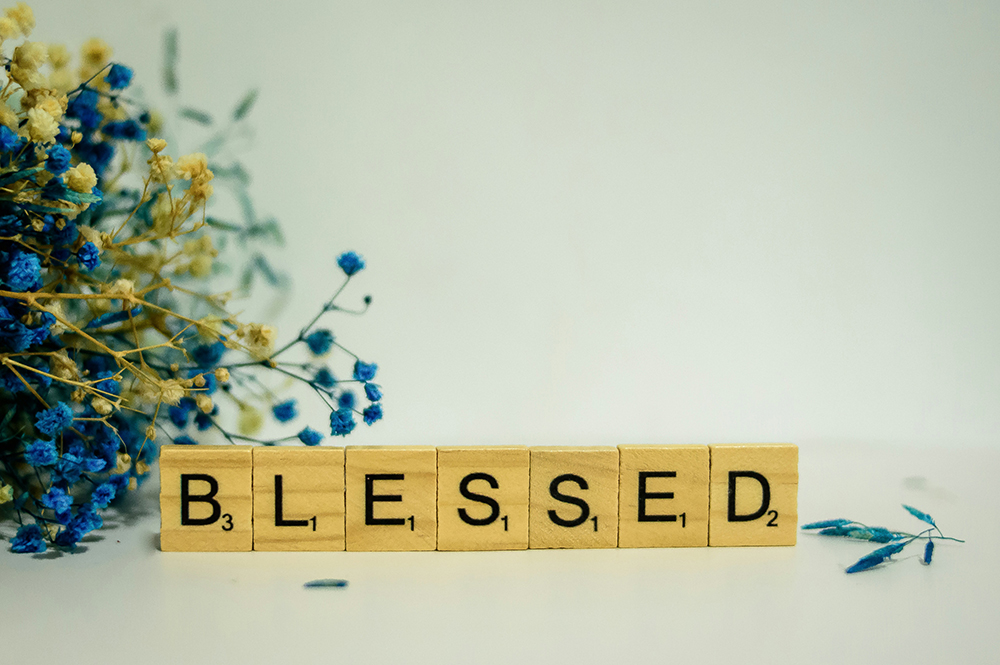
(Unsplash/Alex Shute)
The first statement of blessing summarizes Jesus' Beatitudes: "Blessed are you who are poor." In contrast, he warns, "Woe to you who … have your consolation."
What is this word, "Woe," in Greek, ouai? (It's pronounced sort of like a combination of "ooph!" and "ay" and means something like "Look, it's awful!") Jesus' woes describe people who are content with the status quo, who, like the singer of "Nobody Knows You," base their self-worth on what they have and how their wealth could purchase all they think they need, along with celebrity and companionship to boot.
Back to the keynote statement, "Blessed are you who are poor." What is this word "blessed"? Makarios in Greek, it is usually translated as blessed or happy. A good hint about its meaning comes from the first time it appears in Luke's Gospel (1:45) when Elizabeth says to Mary, "Blessed are you who believed that what was spoken to you by the Lord would be fulfilled." To be blessed means to have such hope in God's future that you gladly bet your life on it.
This summarizes each of Jesus' blessings and helps us to interpret them. Jesus is not idolizing destitution, starvation, desolation or marginalization. He's talking about a mindset that seems to come most easily to people who hope, not from a position of strength, but from an awareness that God's future is better than anything we could ask or imagine. These are the people who, in the words of Pope Francis, are "waiting for something that has already been given to us," people who welcome the free gifts of God every day, knowing that every gift is for the good of all. (See 1 Corinthians 12.)
The blessed poor know the truth that is best discovered from the underside of society: nobody deserves what they have. No one earned the right to be born, much less the privileges that came afterward. Those who can see from the underside know this and see clearly the fragility of the position of those who consider themselves powerful. They know that we will all die and that life is a free gift.
The blessed people who are hungry or weeping are those who, like Mary and all people of the Resurrection, know that evil and suffering are not God's plan and that nothing can overcome the love of God. They know that the evil are "like chaff that blows away in the wind"; in spite of their self-importance, they are tragic, empty shells of what could have been a flourishing human life.
Whereas Matthew situates his version of this address on a mountain crowded with people from all over, Luke tells us that the great crowd Jesus addressed consisted of only "disciples." That sets a different tone, making this not a general teaching but a direct address to those who would be his followers.
Advertisement
If we convert Jesus' statements into a survey, it offers some thought-provoking questions for us as individuals and as communities about whether we are ready to live this way. The survey might look something like, with an answerable scale of 1-5:
- I/we rely on God and community over money, position or our own plans.
- I/we feel the suffering around us, to the point that our desire for solutions creates a hunger that plagues us.
- I/we desire such solidarity with victims of war, injustice and impoverishment that we weep with them, impelled to find solutions to the imbalances of our world.
- I/we care little or nothing about the criticism, mockery or demotions we may receive for standing with the most vulnerable.
What do we learn about ourselves — and our faith communities — through our answers?
